When it comes to working with plastic, choosing the right glue is crucial for a successful project. With so many options available, it can be overwhelming to know which one to choose. This guide will cover everything you need to know about plastic glue, including the different types available and how to select the right one for your specific project.
Understand the Types of Plastic
Before choosing a plastic glue, it’s important to understand the types of plastic you will be working with. Different types of plastic require different types of glue, as some adhesives may not bond well with certain plastics. Common types of plastic include polyethylene, polypropylene, PVC, and polycarbonate. Research the specific type of plastic you will be working with to ensure you choose the right glue for your project.
Consider the Strength and Drying Time
When choosing a plastic glue, it’s important to consider the strength and drying time of the adhesive. Some glues may dry quickly but not provide a strong enough bond, while others may take longer to dry but provide a stronger hold. Consider the weight and stress that will be placed on the plastic and choose a glue that can handle it. Additionally, consider the drying time and whether it will allow you enough time to make adjustments before the glue sets.
Look for Compatibility with Other Materials
When choosing a plastic glue, it’s important to consider the other materials that will be involved in your project. Some glues may not be compatible with certain plastics or other materials, which can lead to a weak bond or even damage to the materials. Make sure to read the label or do research to ensure that the glue you choose is compatible with all the materials you will be using. Additionally, consider any environmental factors, such as temperature or humidity, that may affect the bond between the materials and the glue.
Consider the Application Method
Another important factor to consider when choosing the right plastic glue for your project is the application method. Some glues come in tubes or bottles with applicator tips, while others may require a brush or other tool for application. Consider the size and shape of the materials you will be bonding, as well as the precision required for the application. Some glues may also have a longer drying time, which may not be suitable for projects that require a quick bond. Take the time to research and choose the right application method for your project to ensure the best results.
Read Reviews and Test Before Committing
Before committing to a specific plastic glue, it’s important to read reviews and test the glue on a small area first. This will give you an idea of how well the glue works and whether it’s suitable for your project. Look for reviews from other people who have used the glue for similar projects, and pay attention to any common issues or complaints. Testing the glue on a small area will also help you determine whether it’s compatible with the materials you’re working with and whether it provides the strength and durability you need.

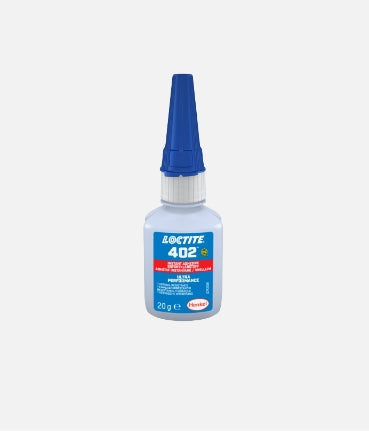
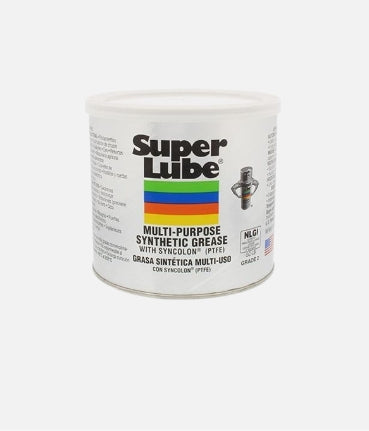
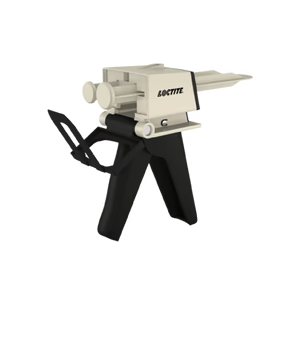
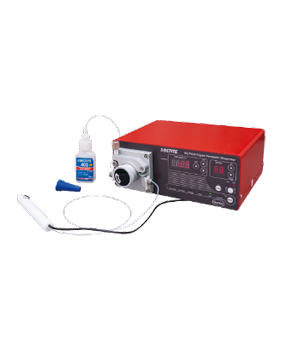


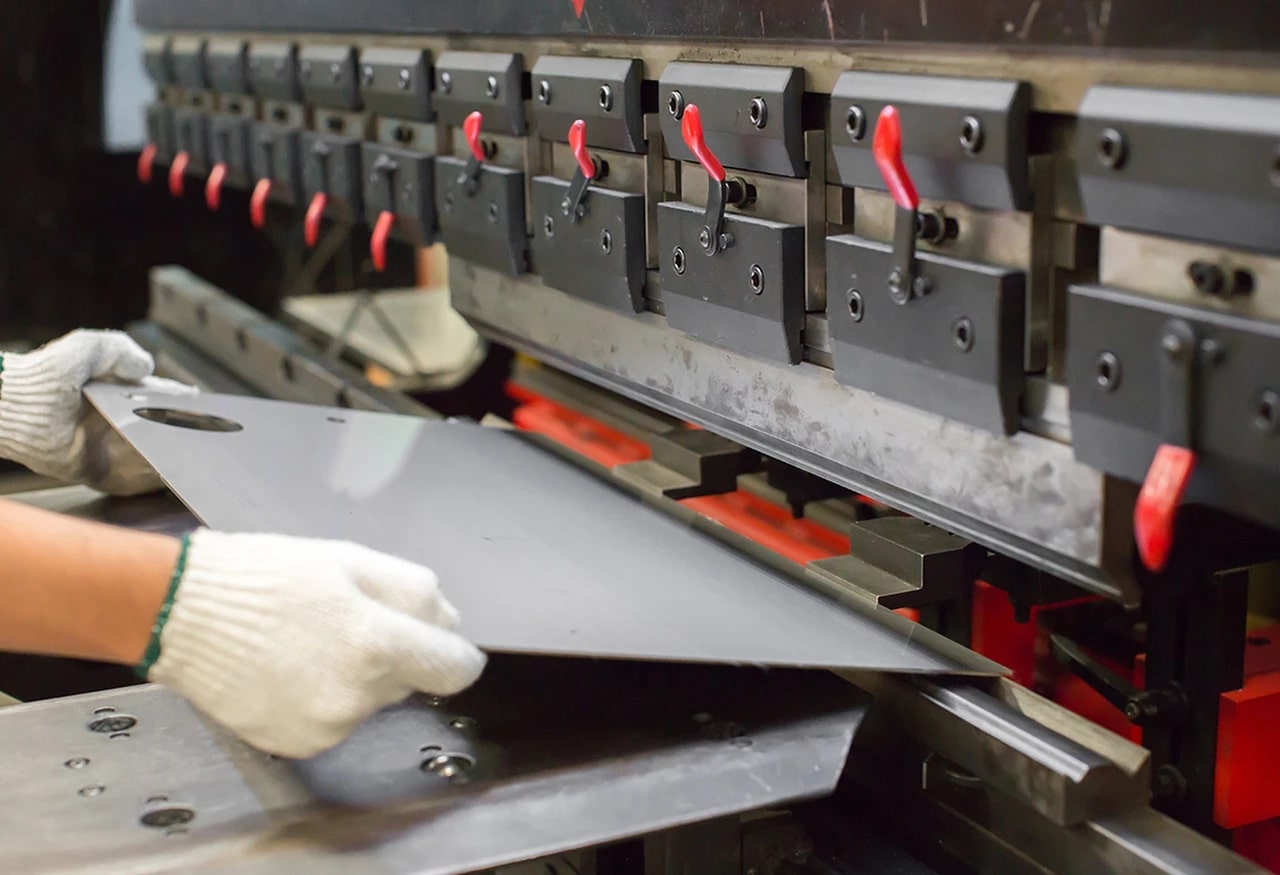
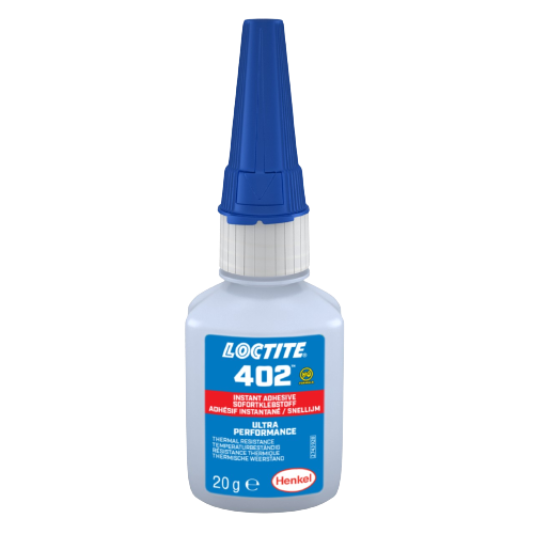
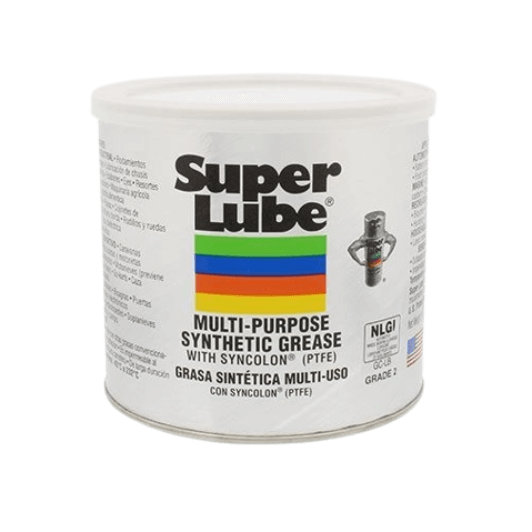
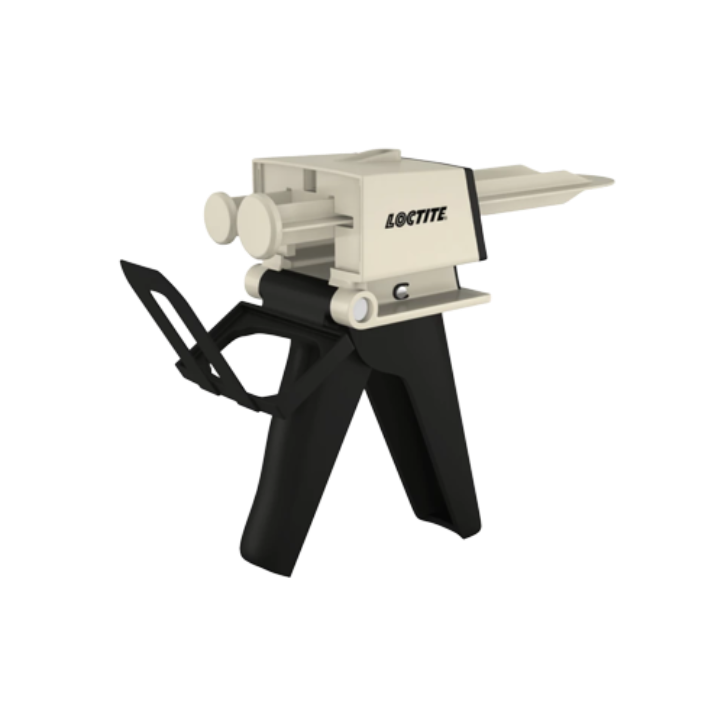
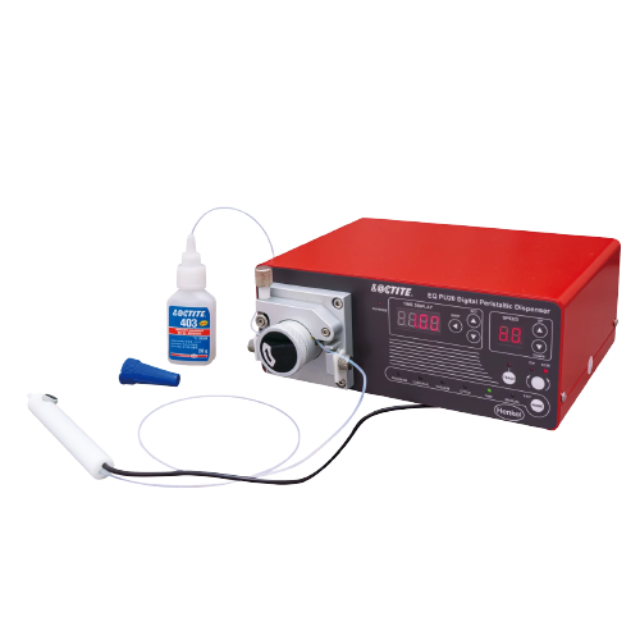
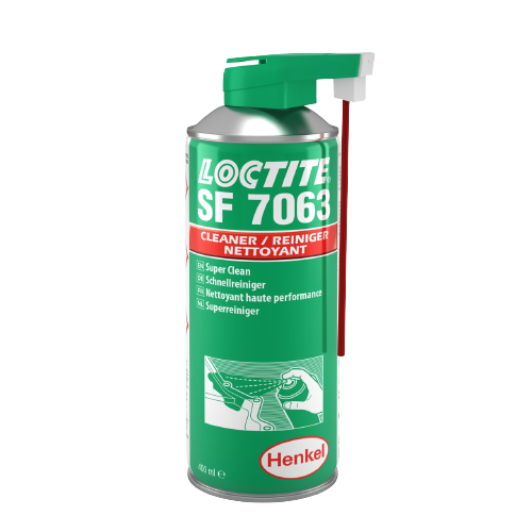
Leave a comment
All comments are moderated before being published.
This site is protected by reCAPTCHA and the Google Privacy Policy and Terms of Service apply.